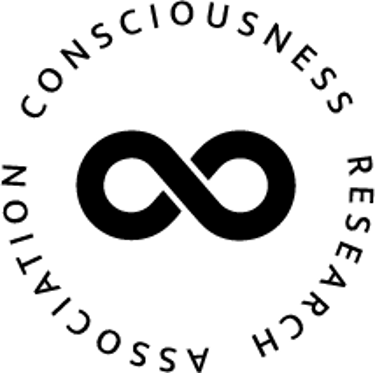
Philosophy and Biology
Consciousness Independent of the Body: Philosophical and Biological Perspectives
Philosophical Approach to Consciousness
The problem of consciousness has been a central issue in philosophy for centuries. The classical dualistic approach, represented by Descartes, posits the existence of both material substance (the body) and immaterial substance (the soul). If consciousness is immaterial, it can exist independently of the brain, which opens the possibility of its persistence after death.
Contemporary philosophy of mind analyzes consciousness in the context of both materialist monism (e.g., eliminativism, reductionism) and panpsychism, which suggests that consciousness is a fundamental property of the universe. Philosopher David Chalmers introduced the concept of the "hard problem of consciousness," which concerns the explanation of subjective experience (qualia) in purely physical terms. If internal experience cannot be fully reduced to neuronal processes, it suggests that consciousness may have an aspect independent of the body.
Biological Perspective on Consciousness
In biology and neuroscience, consciousness is most commonly viewed as a product of brain activity. Research on neuroplasticity, neuronal function, and perceptual mechanisms indicates a strong relationship between consciousness and the nervous system. A notable example is Benjamin Libet's experiments, which suggest that decisions are made at the neuronal level before an individual becomes aware of them. This could indicate that consciousness is merely an epiphenomenon of biological processes.
However, studies on near-death experiences (NDE) and phenomena such as out-of-body experiences (OBE) provide arguments challenging extreme materialism. Cardiologist Pim van Lommel's work on patients who experienced NDEs suggests that consciousness can function even in the absence of brain activity. Similarly, theories by Nobel laureate John Eccles propose the existence of a non-material aspect of consciousness interacting with neurons.
Can Consciousness Exist Independently of the Body?
Interdisciplinary research suggests that consciousness is not merely a byproduct of neuronal activity but may be linked to more fundamental processes in nature. The hypothesis proposed by Penrose and Hameroff regarding the quantum theory of consciousness suggests that brain microstructures (microtubules) may have the ability to process information at a quantum level, potentially allowing consciousness to exist beyond the constraints of the physical brain.
Modern science has yet to provide a definitive answer to the question of what consciousness is and whether it can exist independently of the body. However, both philosophy and biology provide arguments suggesting that consciousness may extend beyond the standard reductionist view of being merely a neuronal function. This requires further research, which may lead to groundbreaking discoveries regarding the nature of human existence.
Consciousness Research Association
The Association for Consciousness Research
Contact
contact@conreas.com
© 2024. All rights reserved.
